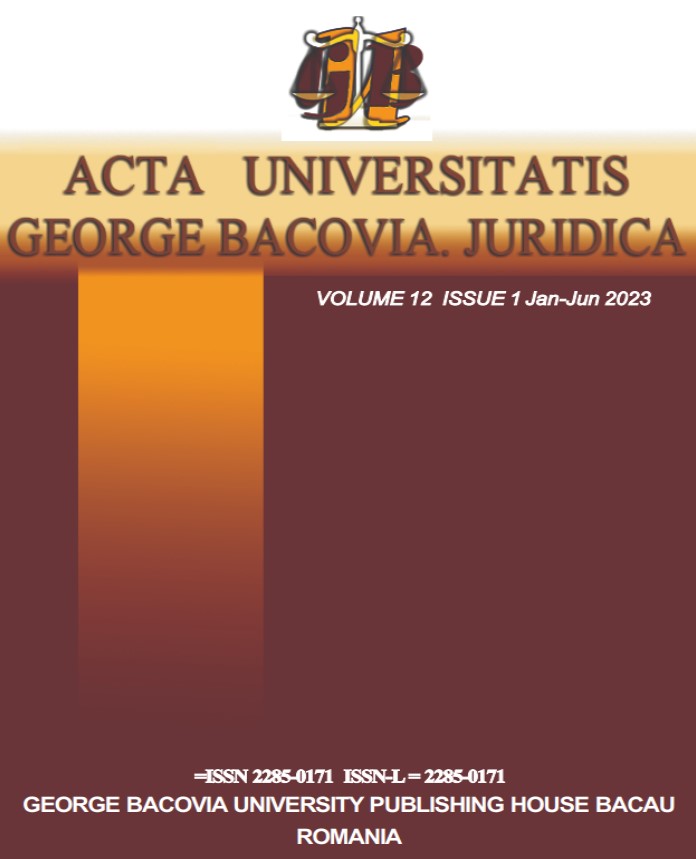Pacta sunt servanda în dreptul comparat
Pacta sunt servanda in comparative law
Author(s): Elena SârghiSubject(s): Law, Constitution, Jurisprudence, Civil Law, Comparative Law
Published by: Editura Universităţii George Bacovia din Bacău România
Keywords: the obligation of the contract; the effects of the contract; the contractual liability;
Summary/Abstract: From the roman law, the pactum, conventio or contractus has traveled a difficult path, being governed everywhere by juris vinculum, a characteristic that gives it binding legal effects, obligations carefully guarded by the goddess Ob or Fortuna. Over time, this corporeal connection between the creditor and the debtor, illustrated by manus injectio, turned into a legal connection, which effected the patrimony, that gave the creditor the right to invoke this principle to claim what the debtor had bound himself to to give (dare), to do (facere), not to do (non facere) or to perform these actions or inactions cumulatively (praestare) secundum nostrae civitatis jura. These binding effects, regardless of the legal system we are referring to, are called pacta sunt servanda, which means that agreements must be respected. What has changed is the perspective from which we look at this sacred formula, more precisely how the contemporary legislator established the ways in which it is implemented, how these obligations are enforced and the incidental sanctions. In this context, the present article focuses on the analysis of the pacta sunt servanda principle through comparative law exercises, taking Romanian, English, German and American law as exemples, presenting how it is configured in legal relationships.
Journal: Acta Universitatis George Bacovia. Juridica
- Issue Year: XII/2023
- Issue No: 1
- Page Range: 215-234
- Page Count: 20
- Language: English, Romanian

